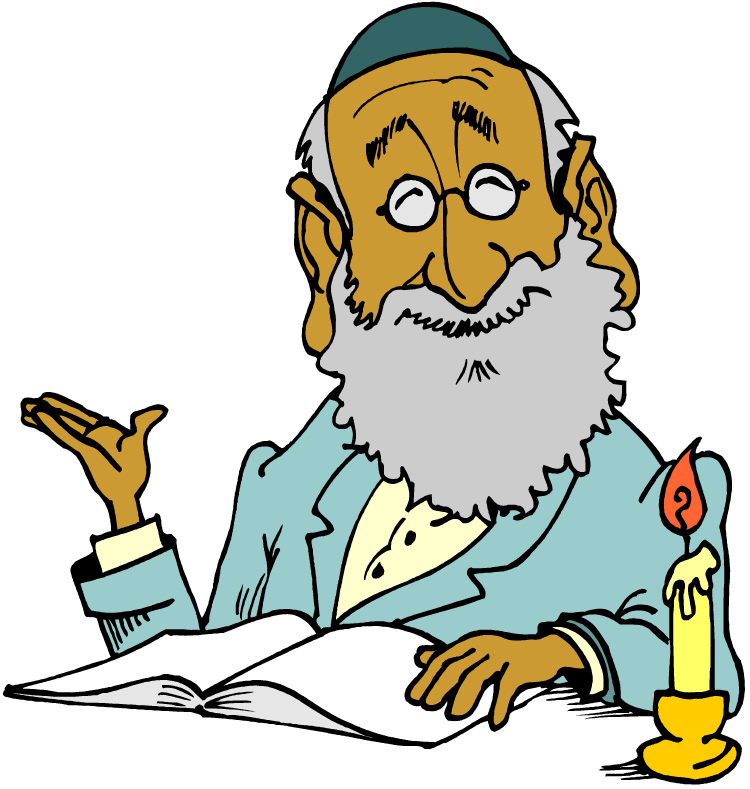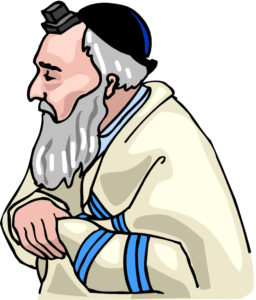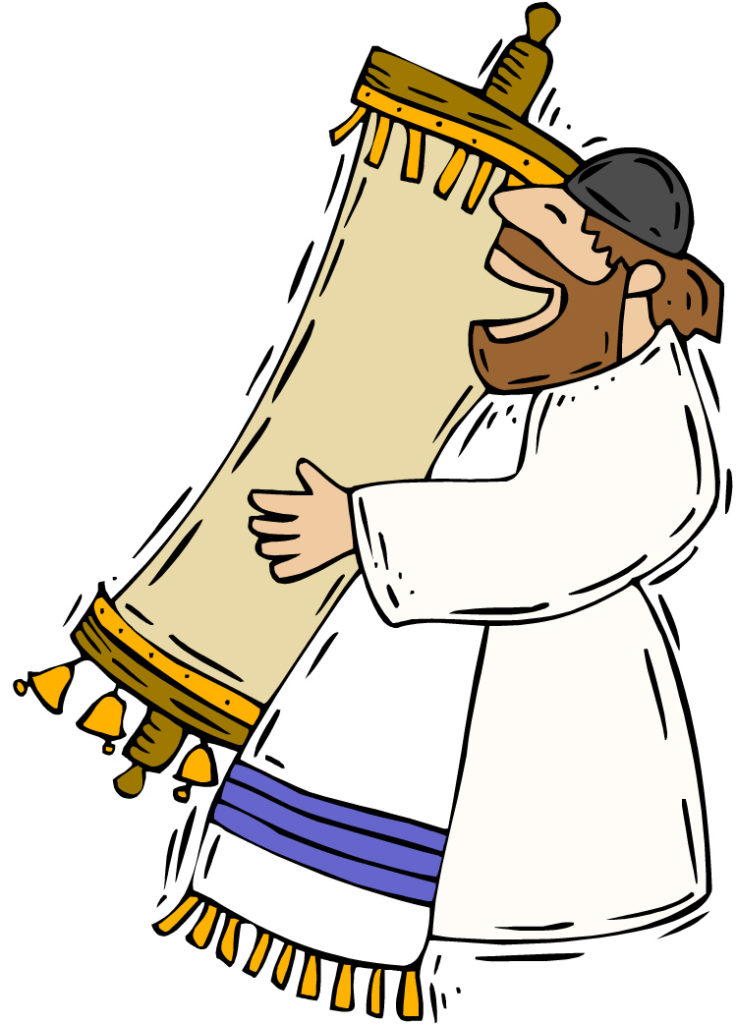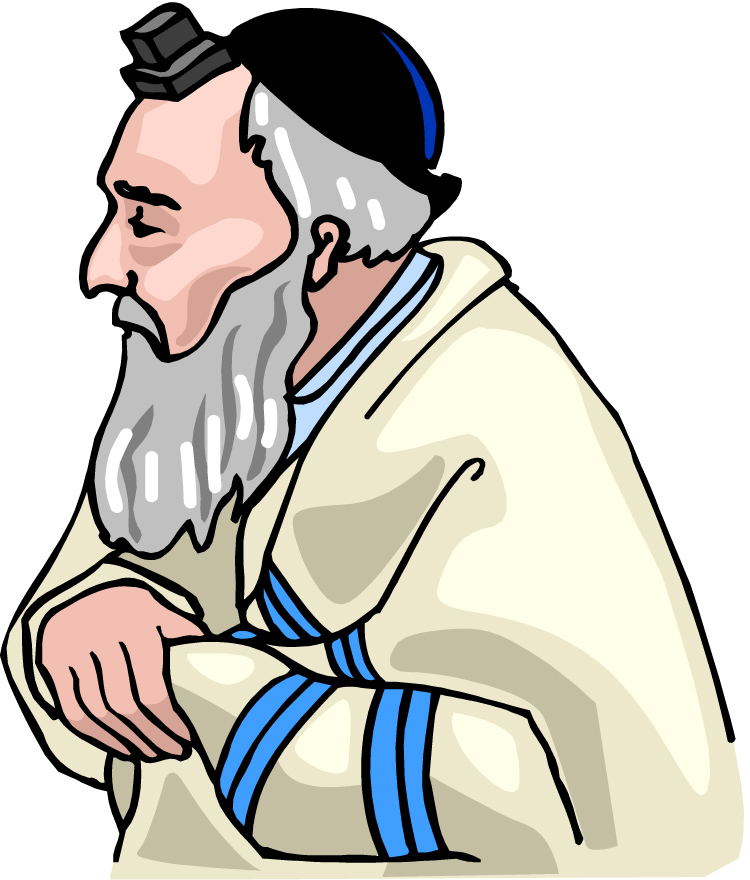
Deuteronomy 17:8–13, Matters of controversy. How respectful and obedient are you to the spiritual leaders YHVH has placed over you? Or do you follow their wise counsel only if and when it suits you? Nowadays if one does not like congregational leadership for any reason, they simply leave that congregation and find a new one. In ancient Israel, this was not an option, nor was it an option in the first century. There was only one congregation in each town, and if there was a disagreement, people had to learn to work out their differences. What if we were in that situation today? How would that change your method of operation if you couldn’t just “cut and run” whenever things didn’t go your way or you got offended?
Rabbinic Justification of the Jewish Oral Torah Known as The Talmud. This Scripture passage has been used by Rabbinic Jews as a justification for their so-called Oral Torah, or as Yeshua referred to it as “the tradition of the elders.” This oral tradition was eventually put into written form in the second century A.D. and was known as The Mishnah, which eventually evolved into The Talmud, which came hundreds of years later. Other Scriptures the rabbinics use to substantiate their claims regarding the legitimacy of their Oral Torah include Deuteronomy 1:16; Exodus 24:12; 34:27 (See Everyman’s Talmud, p. 146). Yeshua and the apostolic writers make references to the Oral Torah as well (see Matt 5:21, 27, 31, 33, 38, 43; 12:5; 23:2–3; 1 Cor 14:34; 1 Tim 1:14).
So what is the bottom line here? Are the saints supposed to follow the Oral Torah or not? These are some guidelines on how to view any non-Scriptural rabbinic Jewish writings: First, does it contradict or line up with the Written Torah-Word of Elohim? If not, then reject it. Second, does it point us to Yeshua the Messiah or away from him? If not, reject it. Third, is it historically accurate or is it fable and legend? If the latter, then it should probably be rejected. Finally, was it written during the Second Temple era or afterwards when many rabbinic Jewish took a decidedly anti-Christian and anti-Yeshua bent? If the latter, then take it with a grain of salt—with a high degree of scepticism.
Frankly, studying the Bible itself with the guiding help of the Spirit of Elohim and Spirit-led, Yeshua-believing and Torah-obedient teachers should be sufficient to give the saint the information they need to have a right relationship with YHVH Elohim through Yeshua the Messiah (see John 14:26; Eph 4:11–16; 1 John 2:27). Extra-biblical sources like the Talmud can be helpful for historical background information on a few subjects, but is of little value beyond that, in my opinion.
Finally, the purpose of the judges in Israel as per Deuteronomy 17:8–13 was to apply and interpret the Torah to everyday life situations, and not to change the Torah or add to and subtract from it, which the Jewish Oral Torah often does. This is elevating the mind and traditions of man above the Word of Elohim, which both the Torah (Deut 4:2; 12:32 cp. Rev 22:18) and Yeshua forbid (Mark 7:8–13), and which, quite frankly, is idolatrous, humanistic and feeding from the tree of the knowledge of good and evil instead of feeding from the tree of life and, therefore, is an evil practice.








